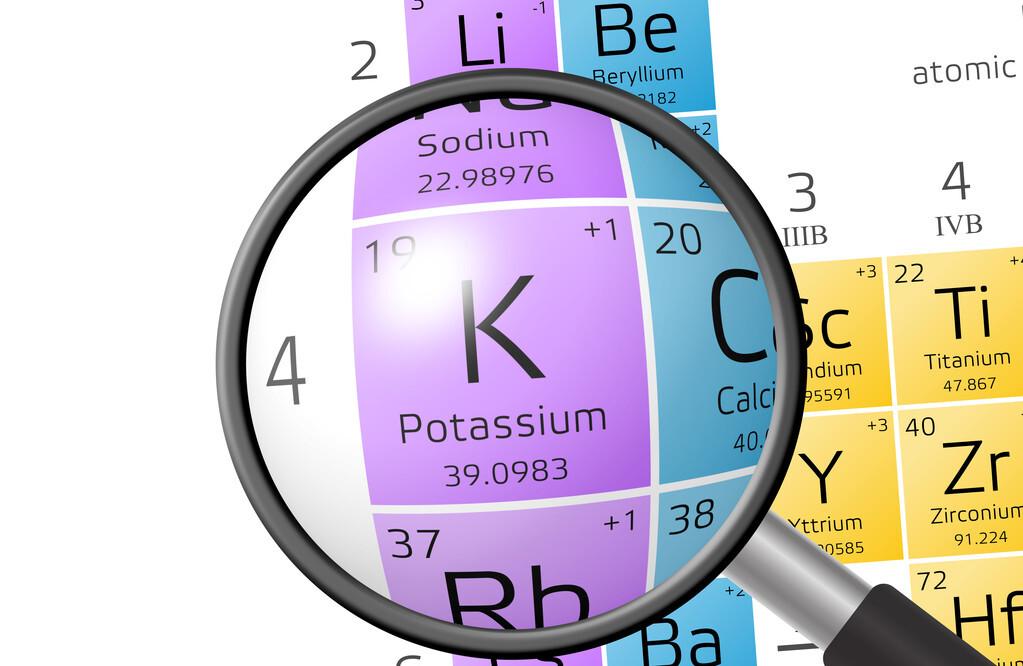Potassium is an essential electrolyte, normal concentration of potassium ions can maintain heart beat, nerve-muscle activity, breathing and other physiological functions, if hypokalemia occurs, people will have muscle weakness, relaxation, paralysis and other symptoms, and even respiratory muscle paralysis, severe can be fatal.

<h1 class="pgc-h-arrow-right" data-track="5" > 5 manifestations indicate that you are deficient in potassium</h1>
1. Always feel tired and weak.
2. Cramps
3. Symptoms such as palpitations, irregular heartbeat, arrhythmia, dizziness and other symptoms.
4. Loss of appetite, nausea, vomiting.
5. Potassium deficiency can lead to neurological symptoms, such as irritability, fatigue, dizziness, apathy, etc.
Patients with hypertension, patients who take diuretics for a long time, and those who often vomit diarrhea with digestive system diseases are prone to potassium deficiency, and attention should be paid to strengthening monitoring, if there is potassium deficiency, supplementation should be given.
<h1 class="pgc-h-arrow-right" data-track="40" > potassium supplementation, do 5 details</h1>
If hypokalemia occurs, dietary supplements or medications should be selected, depending on the specific degree of deficiency. For the prevention of potassium deficiency, dietary supplementation is preferred:
1, eat half a kilogram of fruit every day
Fruits that can effectively replenish potassium include oranges, cantaloupes, papayas, bananas and so on.
2, eat more potato grains
Potatoes such as potatoes, sweet potatoes, taro and yams, with high potassium nutrient density and rich in vitamin C, are good choices.
3. Often eat fungi and green leafy vegetables
Spinach, kale, amaranth and other leafy green vegetables have a high potassium content, and can be eaten in moderation every day.
4. Choose low sodium salt
Low sodium salt is to appropriately reduce the sodium content in table salt, increase potassium content, and eat low sodium salt in moderation, which helps to control sodium intake and increase potassium ion intake.
5. Eat less processed foods
After processing food, such as pickled products, etc., a large amount of salt is often added during processing, so processed foods are often "high sodium and low potassium".
It should be reminded that for people with kidney disease, the kidneys' ability to excrete potassium is reduced, and excessive potassium intake at one time is likely to lead to hyperkalemia, and such people should not eat too many potassium-rich foods. #哆咖医生超能团 #